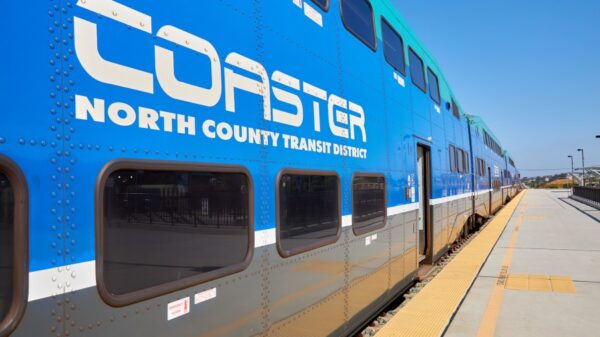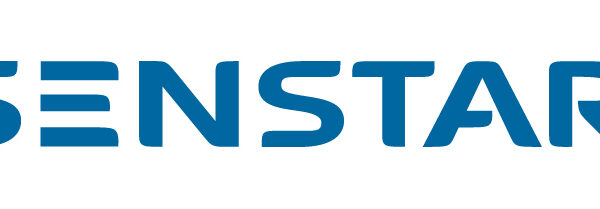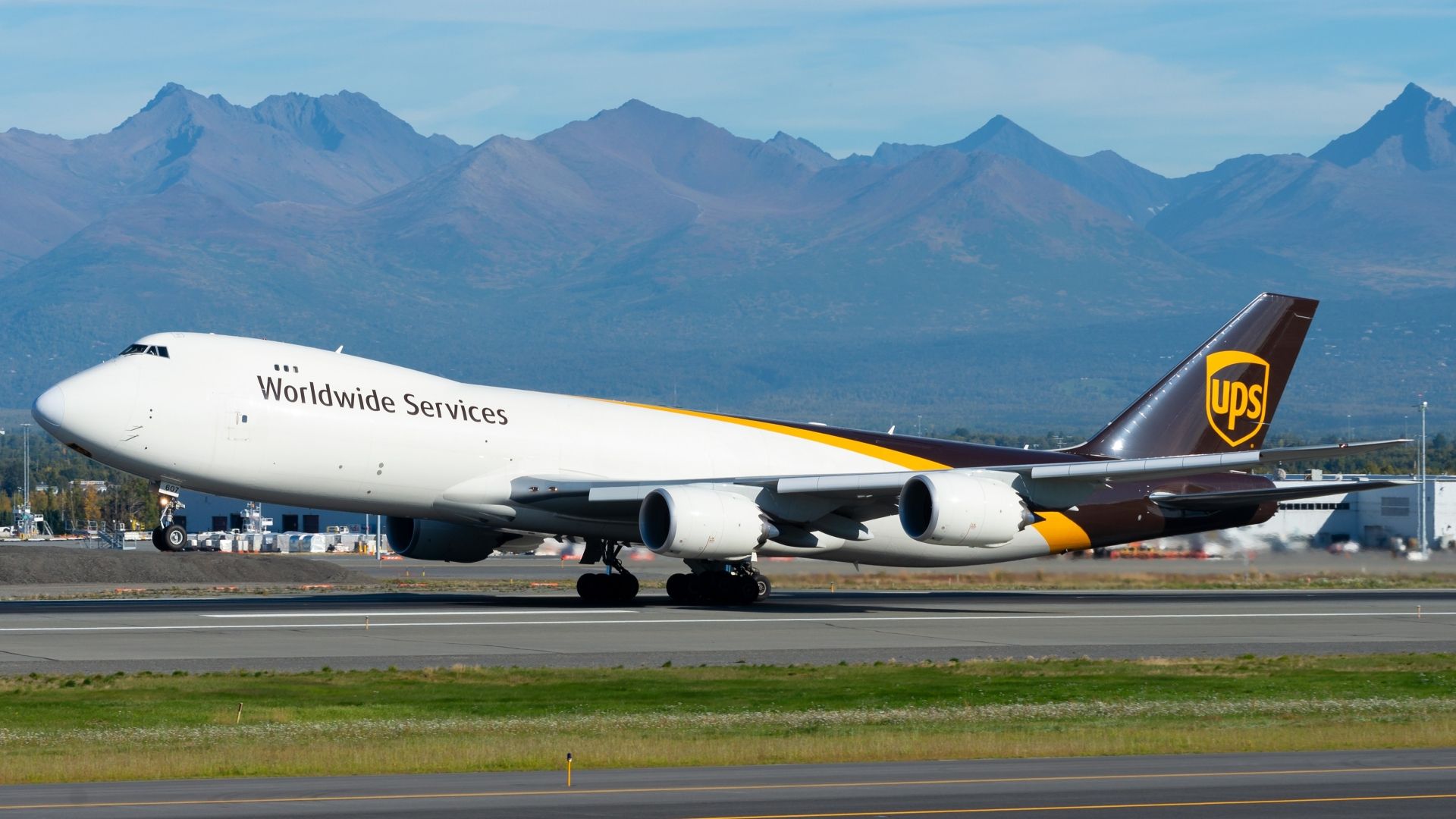The Boeing 747, a legendary aircraft known for its impressive size and passenger capacity, continues to play a crucial role in the cargo industry. As of 2025, the longest nonstop route operated by this iconic aircraft is between Louisville Muhammad Ali International Airport (SDF) and Al Maktoum International Airport (DWC) in Dubai. This route, operated by UPS Airlines, measures approximately 7,700 miles (12,400 km) and takes over 13 hours to complete, marking it as the longest regularly scheduled 747 flight currently in service.
UPS Airlines’ Unique Service
UPS Airlines flight 76 connects its flagship terminal, UPS Worldport, to Dubai World Central, a key hub for cargo operations. The aircraft chosen for this route is the Boeing 747-8F, which boasts an extended range and significant payload capacity. Its block time varies due to changing winds, generally running between 13 and 14 hours. The flight path typically arcs northeast across the United States and Canada, entering the North Atlantic Organized Track System before navigating through European airspace and descending into the Middle East.
UPS’s operational strategy for this route is sophisticated. Aircraft crews plan for heavy-weight step climbs, optimizing performance by managing altitude to counteract strong winds. This meticulous planning allows UPS to deliver high-value cargo efficiently, reaffirming the 747’s status as a cornerstone in the airline’s fleet.
The Role of the Boeing 747 in UPS’s Fleet
UPS operates one of the largest active fleets of Boeing 747 freighters globally, comprising 41 aircraft, with 29 of them being the 747-8F model. The average age of the fleet is approximately 11.5 years. These aircraft are designed to carry around 135 tons of freight, making them ideal for long-haul routes where high capacity is essential.
The 747-8F is particularly noted for its fuel efficiency compared to other quad-engine freighters. Its design features, such as a nose-opening door and a large side door, facilitate the transportation of oversized freight. This capability, combined with the aircraft’s operational range, allows UPS to manage demanding schedules without compromising delivery times.
Historically, UPS has operated various models of the Boeing 747, including the 747-100 and the 747-200, before transitioning to the more advanced 747-8F. The versatility of these aircraft has enabled UPS to maintain competitive operations across dense transpacific and transatlantic cargo lanes.
The current fleet includes a mix of older Boeing 747-400 models, which also contribute to capacity during peak seasons. Notably, UPS has utilized around 70 Boeing 747 aircraft throughout its history, leveraging their capabilities to establish a robust global network.
UPS’s operational network is structured around a hub-and-spoke model centered in Louisville. This strategy minimizes duplicated costs associated with facilities and labor while maximizing the efficiency of cargo transfers. The result is a high capacity and reliable service that meets the needs of customers around the world.
As the aviation industry evolves, the Boeing 747 remains a vital asset for UPS, particularly in the cargo sector. Its combination of capacity, range, and efficiency continues to deliver exceptional performance for the airline, making it a preferred choice for high-demand routes.
While the use of the Boeing 747 for passenger flights has diminished, its role in cargo operations is firmly established. The aircraft’s design and capabilities cater specifically to the demands of cargo airlines, ensuring its continued relevance in the market. The Boeing 747 freighter exemplifies how a classic aircraft can adapt to the changing needs of the industry, maintaining its status as a key player in long-haul global operations.





































































